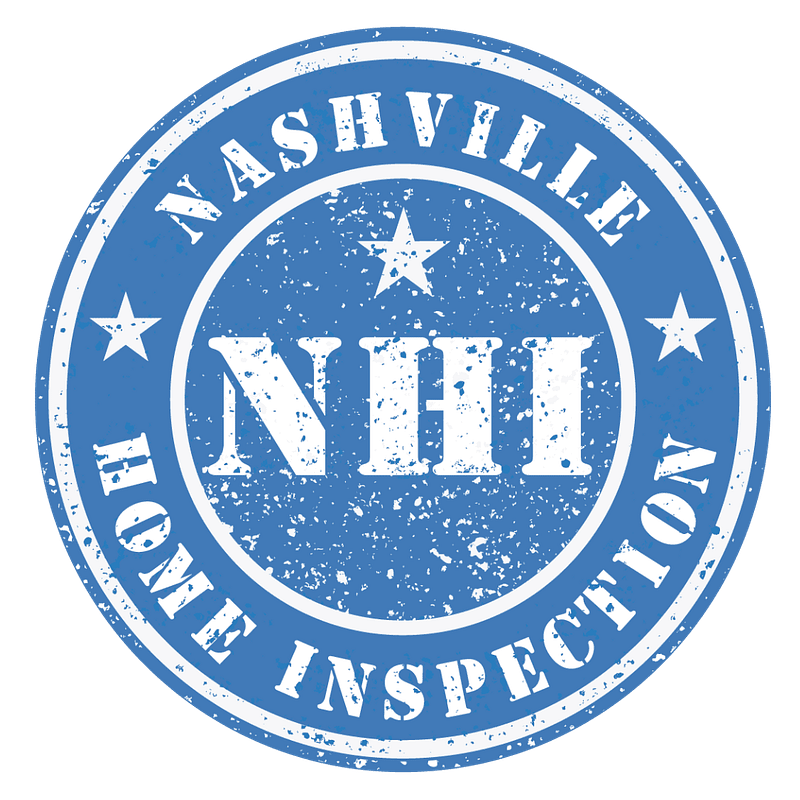1. Give You Advice About Purchasing the Home
A home inspector is a neutral party in the real estate transaction, and it is not their job to give advice. Within 24 hours of the conclusion of your home inspection, you will receive a detailed inspection report full of information uncovered about the home. We will provide all the facts, and then you can determine whether or not it’s an investment you want to make.
2. Offer an Opinion on the Value of the Home
Likewise, a home inspector will not provide an opinion about how much they believe the home to be worth. A home appraisal is entirely different from an inspection and is performed by a different licensed professional. The appraiser will consider the home’s condition, but the appraisal is also based on other factors besides the home itself.
3. Inspect Behind Walls and Other Inaccessible Areas
A home inspector is limited to assessing the components of the home that they can see. That means they can’t inspect inside the home’s walls to get to the bottom of any electrical issues, for example. Similarly, they cannot inspect any other areas of the home that are not accessible to them.
4. Identify Issues That Require a Specialty Inspection
Your home inspector will provide a comprehensive home inspection, but certain issues require a specialty inspection. Your general home inspector will not determine with certainty whether you have termites, elevated radon levels, a pool or spa that is no longer safe, or mold. All-Pro Home Inspections does offer specialty inspections for any of those issues if you have a concern.
5. Estimate Future Issues Within the Home
When the inspector evaluates the home, they look for any current safety issues. They cannot predict future issues within the home unless an existing flaw will likely lead to a major issue. Our home inspectors will, however, review areas of concern with you after the inspection based on the evidence they uncover.







